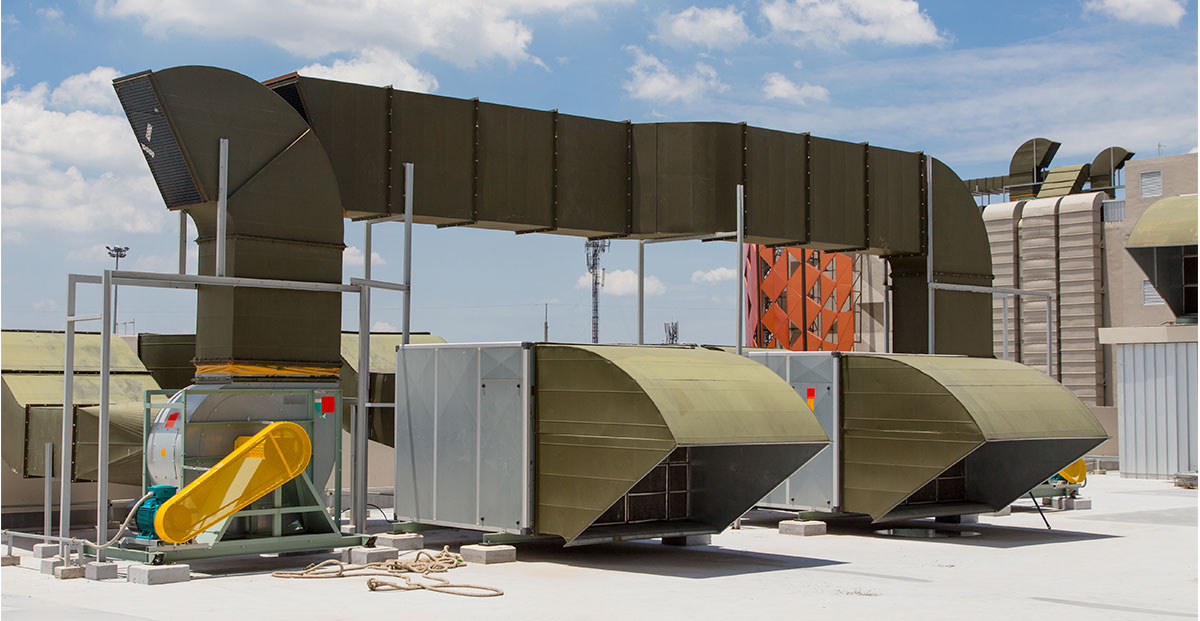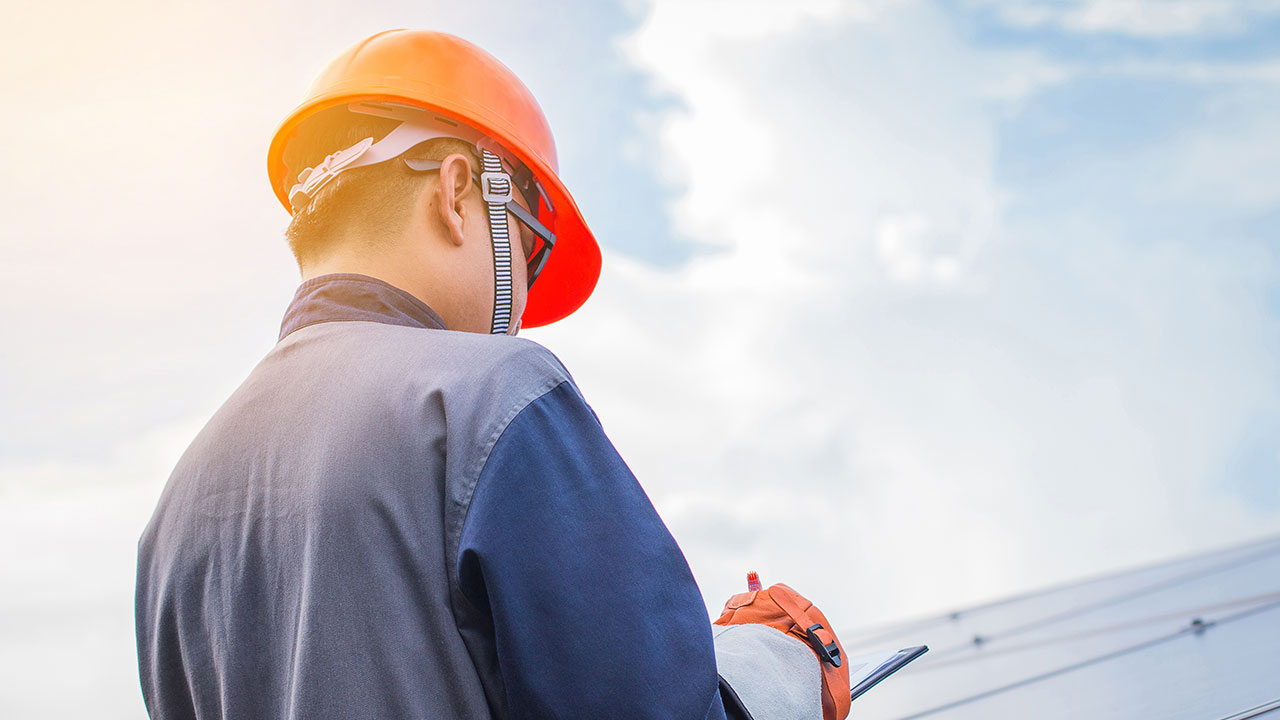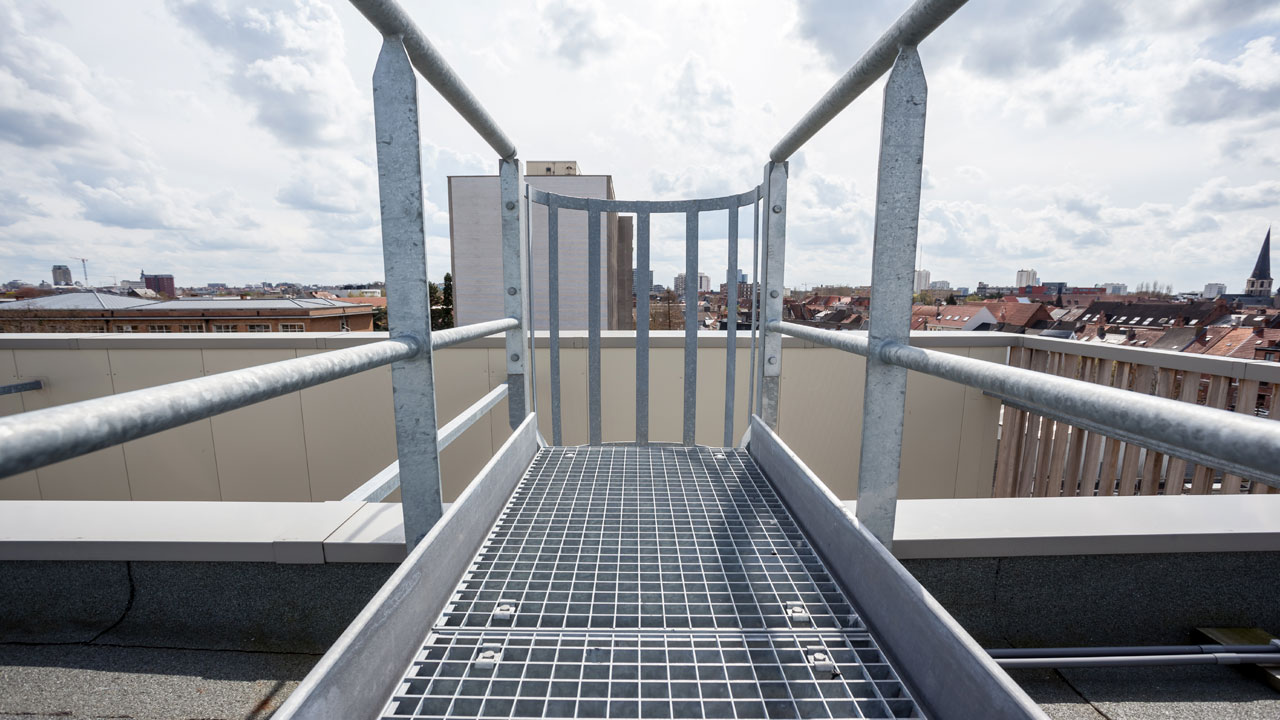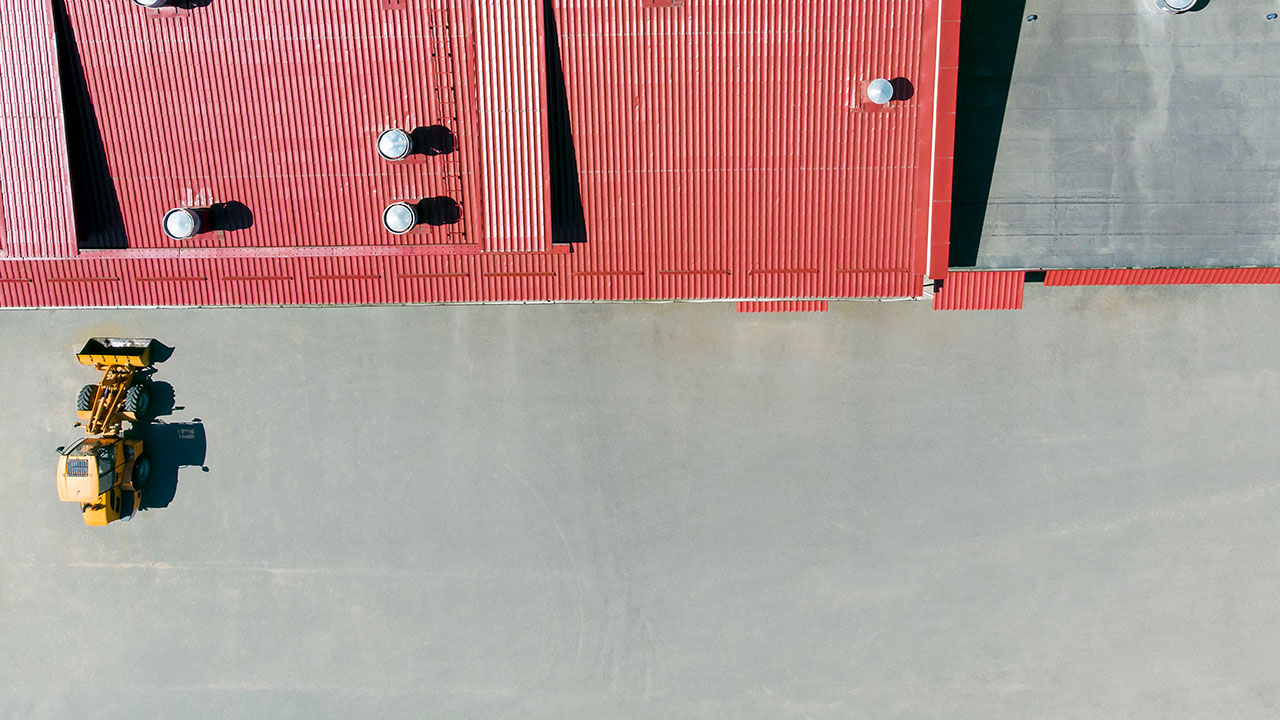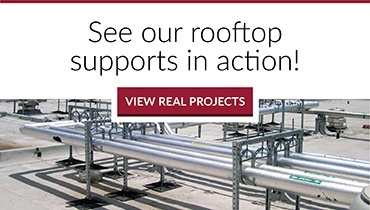Commercial building owners plan for expected events. In Texas, we know that summers will be rife with scorching heat. Up north, buildings must be ready for heavy snow. What happens when things don’t go as expected, and damage occurs as a result? Having a sound plan to deal with contingencies is important for all commercial building owners.
How Expecting Unexpected Weather Protects Your Commercial Roof
Topics: Roofing Management
No matter where you’re located, your commercial rooftop will generally be subjected to some form of extreme weather, whether this means storms, heavy winds, snow, tornadoes, and even earthquakes or hurricanes. Buildings that are constructed in areas known to experience extreme weather or seismic events need more than traditional roof support equipment. Here’s what you should be aware of based on the dangers you’re going to face.
Topics: Roofing Management
When the concept of value engineering first appeared in the 1940s, the aim was to promote value through careful analyzation of products and components. This is accomplished by improving performance either with a cost increase or by reducing cost without sacrificing performance. Over time, it was determined that value can only be created if functionality and durability are a top priority.
Topics: Roofing Management, How to
When it comes to commercial and industrial facilities, building owners often choose to install equipment on the roof. This frees up interior space to be used for more productive means. However, rooftop equipment does carry risks and safety issues, as well as access and mobility threats. These challenges and threats can be eliminated using rooftop equipment supports and access methods allowing for safety and proper management of all rooftop areas and equipment.
Topics: Roofing Management, How to
Investing in a rooftop support system can greatly improve the functionality and accessibility of your commercial rooftop. However, not all rooftop support systems are created equal. The ideal system will be able to support a resilient roof system, one that is built to be wind- and impact-resistant and protect against extreme weather events, environmental contamination, and man-made wear and tear. To ensure long-term success, all components of a rooftop must be built to endure, including rooftop support systems.
Topics: Roofing Management
Most of the time, we recommend that you keep foot traffic on your roof to a minimum. Unfortunately, those in certain commercial and industrial verticals may have to accommodate foot traffic that goes beyond the ordinary cycle of maintenance. When this happens, investing in a form of roof protection can go a long way. Consider these possible scenarios:
Topics: Roofing Management
If you’re not paying attention to the way people access your roof, you might find that problems with your rooftop safety culture can develop quickly. Left unchecked, people could start to use your roof as an informal meeting site or a place to take lunch breaks or cigarette breaks. Unbeknownst to the people casually using your roof, however, these individuals are putting both the roof and themselves in danger.
Topics: Roofing Management
It’s All About Performance: Efficiency in Commercial Roofing
If treated correctly, your roof could last anywhere from twenty to fifty years. Simply lasting is not a measure of roofing success, however—instead, you’ll want to look at lifetime costs. Picking the right commercial roofing materials up front, treating them properly, and investing in the correct infrastructure and maintenance programs will make your roof more efficient and more likely to last its full lifetime without incurring significant costs.
Topics: Roofing Management, Roofing Maintenance
Back in 2017, OSHA released new guidelines designed to improve safety for 112 million American workers—with a special emphasis for those who work on rooftops. Where OSHA did not previously specify safety mechanisms for workers near unprotected rooftop edges, the organization now mandates rooftop guardrail systems for those within six feet of a drop. These rules were mandated to come into effect in January 2018. If you haven’t already begun complying, now is the time.
Topics: Roofing Management, Roof Safety
How to Maximize the Lifespan of Your Roof and Pipe Support Systems
Commercial roofs have varying lifespans. TPO roofs have the shortest life, with a maximum of 20–30 years. Meanwhile, asphalt roofs can last up to 40 years, and metal roofs can last up to 45. These are simply the documented life spans as they exist on paper, however. Under real-world conditions, most commercial roofs never last as long as their projected life.
Replacing a roof is expensive in terms of materials, cost of labor, and lost productivity. There’s also a loss of investment to think about. If you invest in a commercial roof with a lifespan of 40 years and it only lasts for three decades, then your roof is suddenly amortized over a much shorter amount of time. In other words, if you can extend the lifespan of your commercial roof, then your initial investment becomes much more bearable over time.
Lastly, there’s not just the roof itself to consider. The pipe supports on your roof hold gas pipes, refrigerants, electrical and internet cables, HVAC, and more. If and when these supports break down, the equipment upon them could break, exposing your roof to a variety of hazards that range from chemical spills to fires—all of which would cause the roof to fail to meet its expected lifespan without the help of an experienced commercial roofing company.
Topics: Roofing Management, Roofing Maintenance





